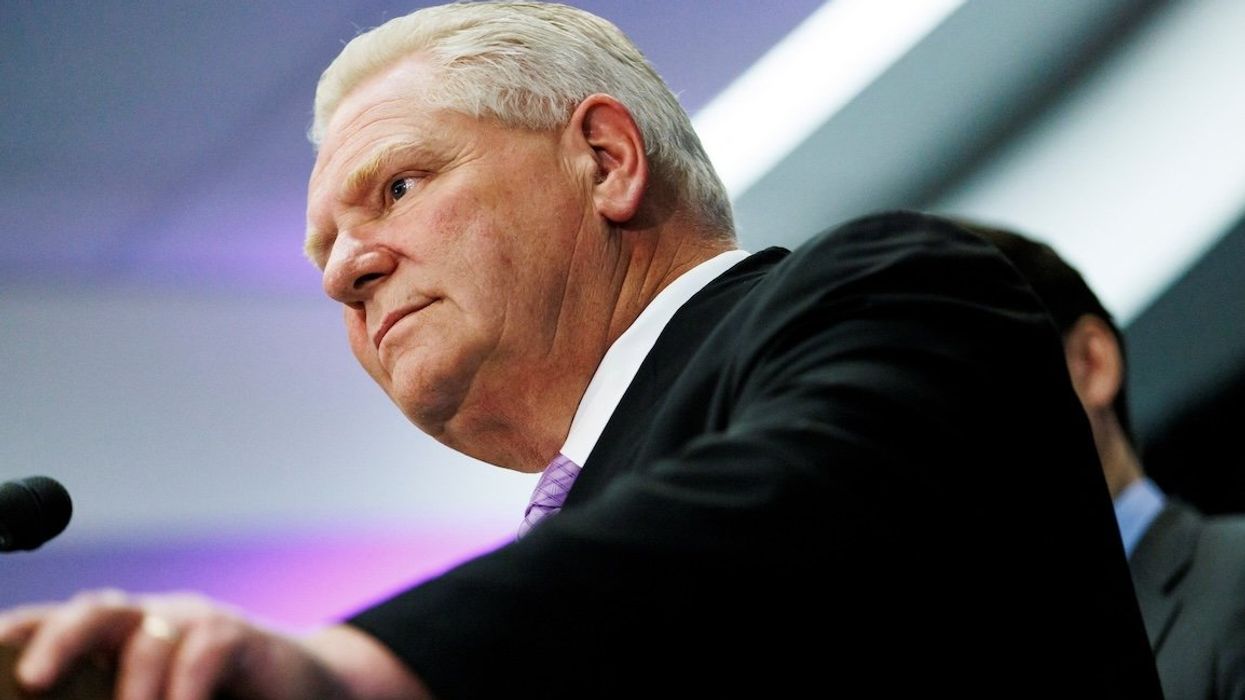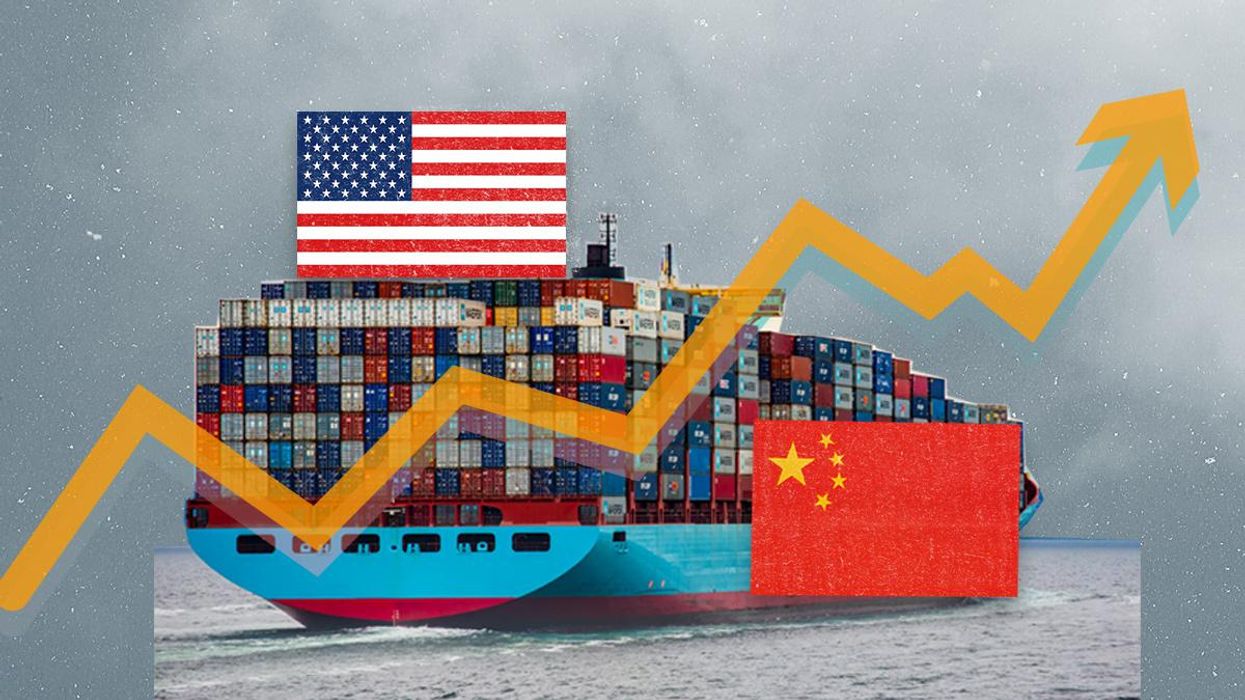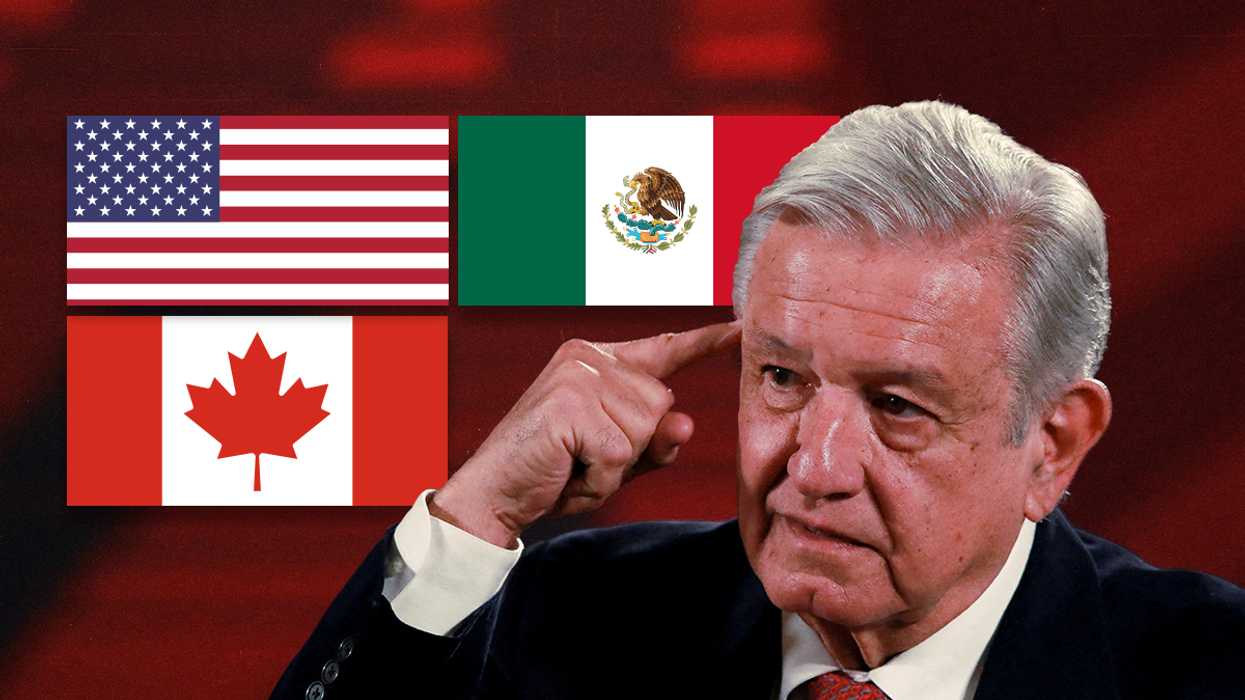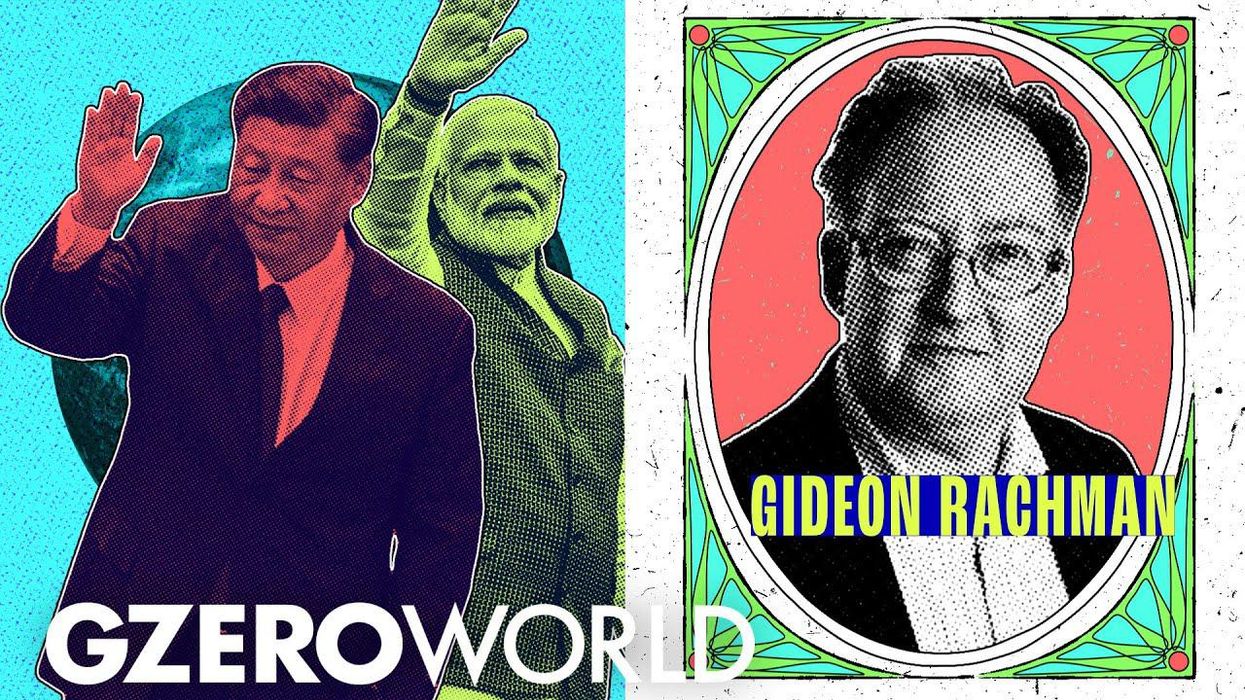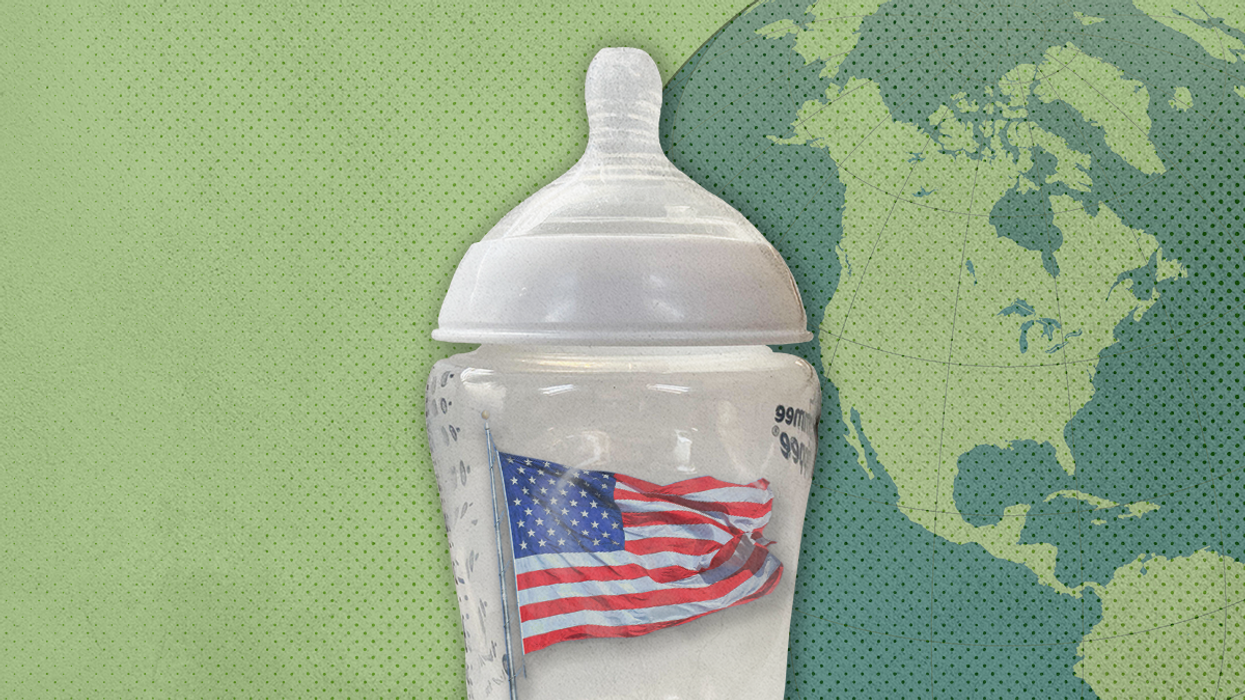GZERO North
Three amigos, or two?
Ontario Premier Doug Ford said Tuesday that Canada and the United States should sign a trade deal without Mexico that would put an end to the Three Amigos relationship that has governed trade between the three countries since 1994, when the North American Free Trade Agreement was signed.
Nov 14, 2024
